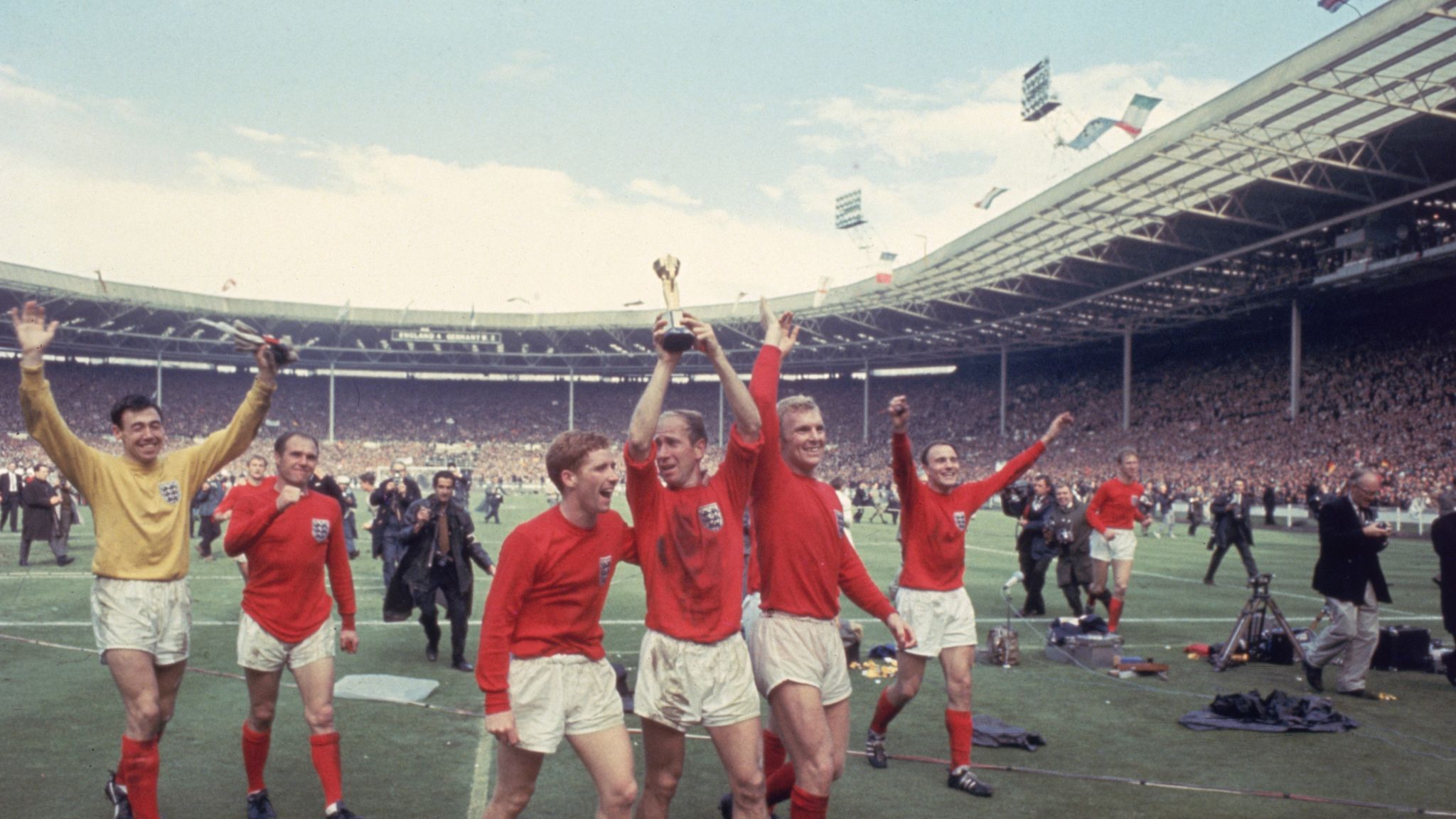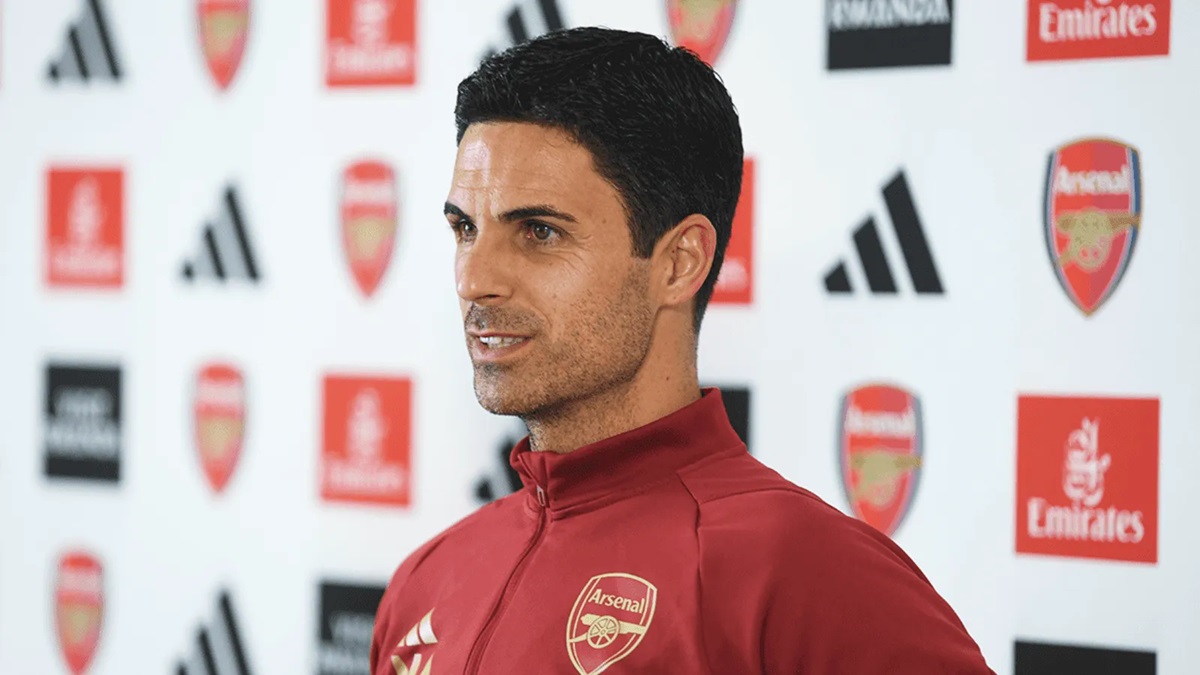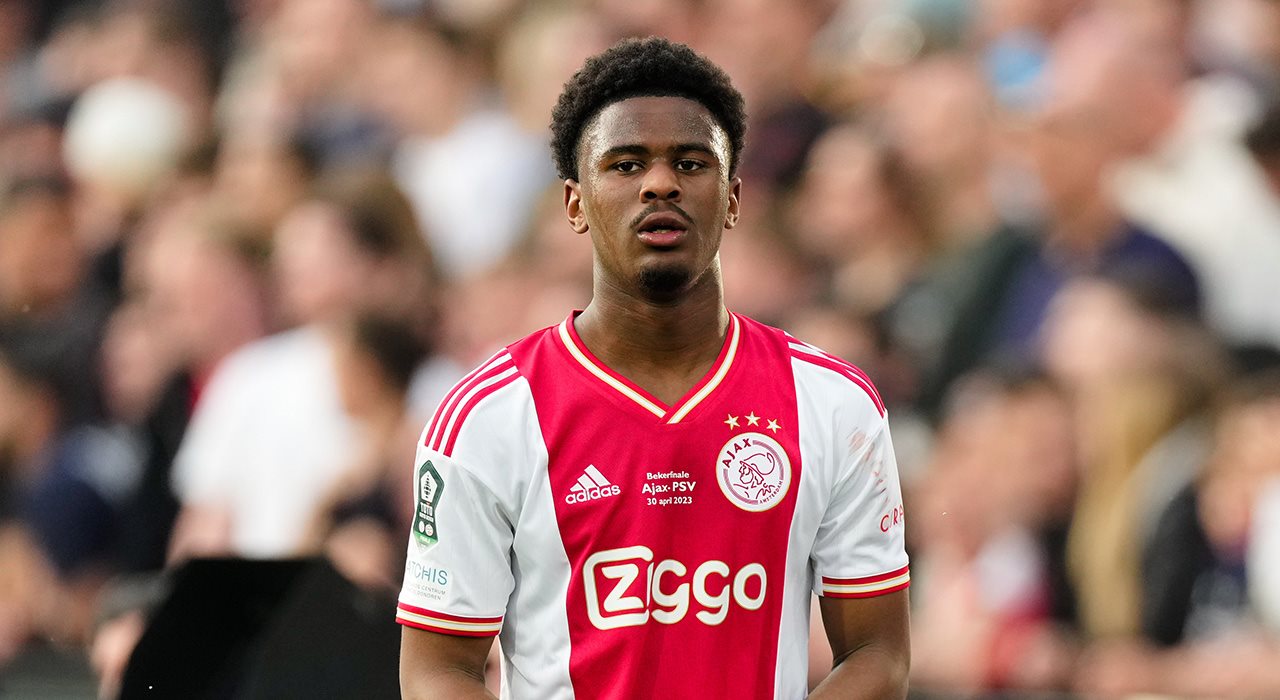Arsenals 1966 England World Cup Winner: Alan Ball
Alan Ball is arguably one of Arsenals top players in history ranking in at number 45 out of 50 of the greatest Gunners of all time.
After signing in December 1971 for a British record transfer fee of £220,000 Ball would go onto play 217 matches and bag 52 goals.
The midfielder and later MBE in 2000 is most remembered for helping England clinch their only World Cup trophy ever in 1966 on home turf at Wembley, after West Germany were defeated in extra-time 4-2. In total he played 72 times for The Three Lions finding the back of the net on eight occasions in a ten year International career spanning from 1965 to 1975.
Unfortunately during his time at Highbury Ball failed to claim a major honour despite turning up at the Gunners who had just sealed their first of three doubles in 1971. His hopes and dreams of attaining a winner’s medal at Arsenal were destroyed come the 1972 FA Cup final in his first season after Leeds United won it instead narrowly 1-0. Ball would struggle to come that close to clinching a piece of silverware at The Gunners before departing in 1976 to Southampton. Although he would be handed the skippers armband come the 1974/75 campaign. This followed after being awarded Arsenals Player of the 1973/74 season.
Ball had to leave Highbury to taste greater success nearly three hours down the road at Second Division Saints. The Hampshire side had just won the 1976 FA Cup upon arriving after shocking First Division giants Manchester United 1-0 at Wembley. Within a couple of years his admirable passing ability ensured Southampton were promoted to the top-flight of English football once again after finishing second in the 1977/78 Second Division. This also witnessed him handed Southampton’s players of the season award. In 1979 Ball returned to Wembley as Southampton eyed up then current First Division winners Nottingham Forest in the League Cup Final, for the second consecutive time he was on the losing side at Wembley in a bitter 2-3 defeat.
This was the closest Ball had come to experiencing a high patch in his career since being at Everton in the late 1960s and early 70s. He is regarded as one of the “Holy Trinity” of players who played for The Toffees during one of their most successful periods in footballing history, alongside Howard Kendall and Colin Harvey. A statue was unveiled of them all in 2019 before Everton kicked off against Burnley in the Premiership. In just over 259 games for Everton Ball scored 79 times, where he was brought from Blackpool for the first time round at an English club record deal of £112,000. A season before moving to Bertie Mee’s Gunners Ball lifted the 1970 First Division crown on Merseyside making up for the 1968 FA Cup Final 1-0 beating by West Bromwich Albion. Within months the Charity Shield was lifted after Chelsea who despite having the home advantage were tackled 2-1 at Stamford Bridge by a dogged and determined Everton. His goals went recognised during the 1969/70 season leading him to winning the Rothmans Golden Boots Award for the first of two times with the latter arriving in 1973 at Arsenal.
Ball later went into management where he sent Portsmouth up from the Second Division to the First by the end of the 1986/87 campaign. They found life in the top-flight tricky to sustain and were subsequently relegated after the 1987/88 season back down to Division Two. This was the finest period of his managerial career.
Ball’s days in management didn’t get too much better from that fragile moment on at Fratton Park. During the 1995/96 season despite clinching the accolade of Premier League Manager of the Month trophy in November 1995, after finally getting Manchester City to win a league game, he eventually failed to keep The Citizens up as they were relegated to Division two at the end of the campaign.
Upsettingly Ball died in April 2007 aged 61, dying from a heart attack when trying to put a bonfire out in his garden.
His family is still tightly linked to the game with his son Jimmy Ball in charge of non-league side AFC Totton based in Southampton. They were narrowly defeated in the Southern Premier playoff final recently in their pursuit to seal back to back promotions to the National League South.
Liam Harding
Do you want to read our whole collection of history articles? Check out our Just Arsenal History section
CALLING ALL ARSENAL FANS! Anyone who would like to contribute an Article or Video opinion piece on JustArsenal, please contact us through this link…






I never really cottoned on to Alan Ball, who I felt was one of those players who thought he was better than those around him.
He was a very good footballer of course, but I can’t see how he fits into our top fifty players – give me Geordie Armstrong any day of the week – just my personal opinion of course.
Totally agree with you Ken on the list of top 50 players. Mind you I disagree with the whole concept of the top 50 players, as how many people who voted would have seen the likes of Bastin, Drake and James play ?
Very, very good player, who could knew where he was going to pass the ball before he had received it.
His signing caused some problems in the dressing room, when the players found out how much he was being paid, as his dad let it slip in an interview with the newspapers, £200 per week, which was double of what anyone else was earning.
Wasn’t Alan Ball a heavy smoker?